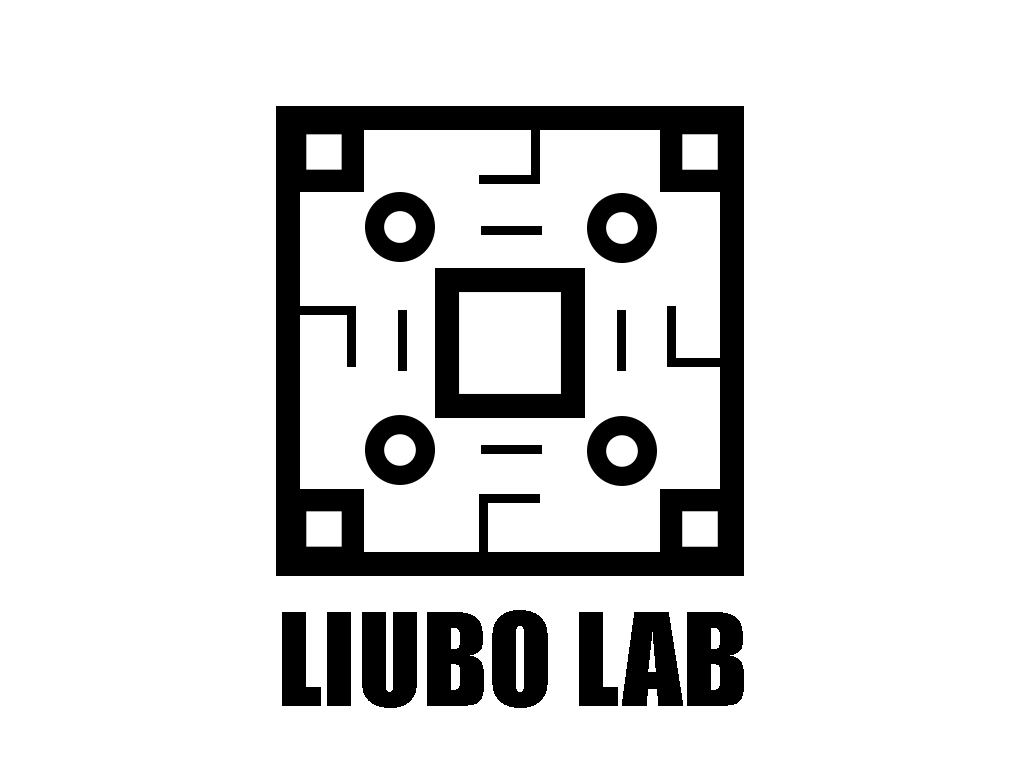
Jonathan Walton
Jonathan is an award-winning indie game designer, a former China policy analyst, and a teacher and scholar focused on critical analysis of science, technology, and media. A native of North Carolina and Virginia, Jonathan studied Chinese language at the School Year Abroad (SYA) and Associated Colleges in China (ACC) programs in Beijing, as an East Asian Studies major at Oberlin College, and as a Fulbright Fellow at Nanjing University.
As a PhD Candidate in Communication at UC San Diego, Jonathan’s interdisciplinary research exists at the intersection of game studies, media studies, and science and technology studies. His dissertation focuses on hands-on, play-based learning in science centers and museums, “edutainment” institutions where visitors engage with STEM topics and design thinking. By conducting ethnographic fieldwork at multiple science centers prior to the pandemic, Jonathan found that visitors conduct conceptual and physical “repair” work on interactive exhibits that are confusing or broken, playfully making sense out of their experiences even in the face of technological failure. While at UC San Diego, Jonathan also taught courses in game studies, transmedia design, and science & technology studies.
For more information, visit the link below.
Why Liubo?
The ancient Chinese board game Liubo (六博, c. 500 BCE?) was once very popular but is now only known from limited artifacts and texts. Its boards are often found buried in tombs, along with playing pieces. Scholars have argued for centuries about how the board game was actually played, and several methods have been proposed. Recently, archaeologists exploring the tomb of a disgraced Han emperor (海昏侯墓) found the most extensive written description of Liubo ever discovered – including lists of moves that record sessions of play. For the first time, this potentially allows reconstructed rulesets for Liubo to be tested against records of play, to see if they are accurate or make sense.
